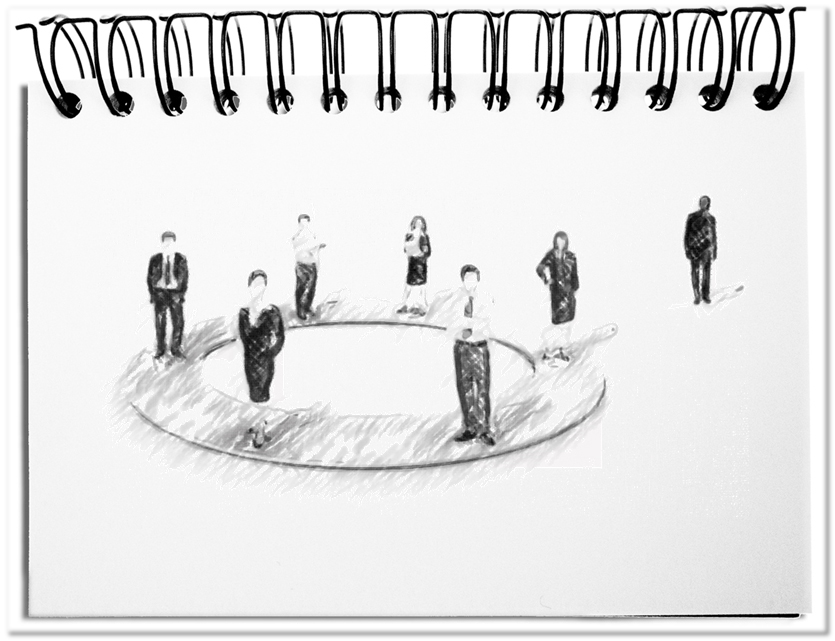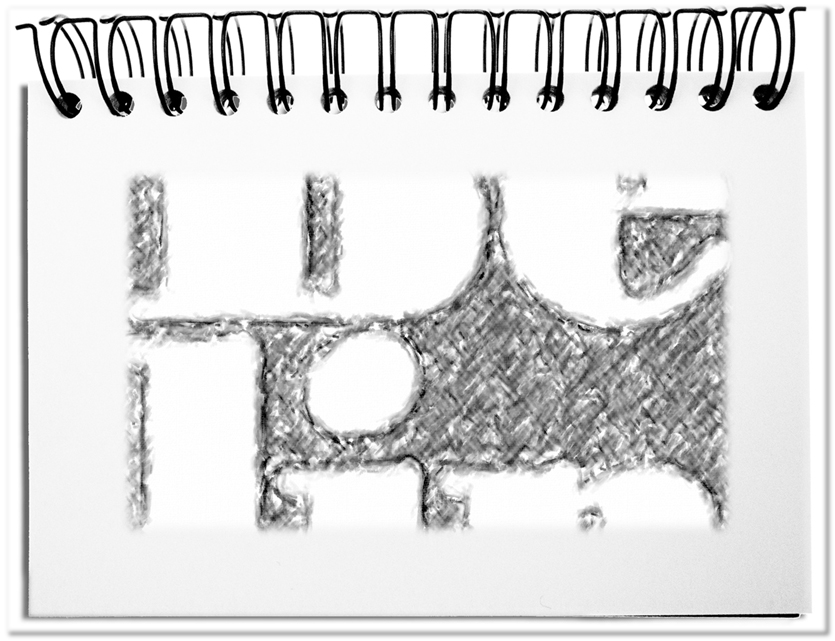Many services are offered today as a membership. It starts with the fitness center around the corner, is valid for a membership in an automobile association, up to a subscription with Netflix. In order to benefit from the advantages of the membership, you sign a contract. As soon as you do not pay or even cancel, the agreed advantages are lost. You can join the contract without delay, but also quickly quit the contract – Good riddance.
This is valid for all, but perhaps some believe that this is not valid for them, as you can see from the expectations of the British. They actually believe that they quit (which they did not do yet) and nevertheless are able to further use the advantages of the European Union – of course without the appropriate obligations. Although contracts are always defined the same way.
- Terms
Here you specify, how long the offer remains in full force and effect. As soon as the period has expired, a vendor is no longer bound to offer the deliverables with the indicated conditions. With the exit of the British it is rather the matter that the BREXIT will take at least over two years. Since David Cameron refuses tactically quitting the contract, it is open, when the exit period really starts. For the time of being, they are a member. - Conditions
It is unclear, which conditions are valid, as soon as they quit. On the one hand England is then any longer part of the EU, but additionally not yet outside. What this means for payments, liabilities, laws, and so on will be clarified in the upcoming negotiations. Thus, the British still have another grace period, in order to adjust themselves to the loss of the European rights. For the rest of Europe nothing else remains to be done as to use the time for executing the relocation of banks, enterprises and institutions as well as to build up new tactical economic sites. - Rights
The contracting parties lose with the cancellation at latest after two years the rights that resulted from the contract. It starts with fiscal arrangements, goes across import and export barriers as well as the loss of full say in European decisions, to the freedom of the citizens to travel. Swiss can tell a lot of not being involved in the agreements. - Conflict resolutions
The question is, how it will be proceeded in case of conflict. England will become a non-European location, comparable with those countries, which yet did not achieve to make agreements with Europe. While it is clearly regulated so far, where legally obligatorily disputes are solved, in the future almost insurmountable walls arise that at least let the costs explode in the economic exchange. It is unlikely that this will be to the disadvantage for Europe. The luxury goods will be more expensive, but this should not be really a problem for the wealthy people in England. When this legal security gets lost, is not yet foreseeable.
Each golf and tennis court is prepared to allow non-members to their courses. The players cannot avoid paying an extra fee after they waited patiently in the line, in order to be let in at all. This should be clear for the Englishmen.
Bottom line: The current state is actually simple. The English want to withdraw. Okay. As island people they are used to go their own ways. In this case, it should be guaranteed by the European politicians that no back doors are opened that would be paid eventually by the EU citizens. Let us hope that the correct measures were already introduced, to take the European Union-relevant elements off from England and to re-activate the border barriers. Join the contract, quit the contract – Good riddance!


